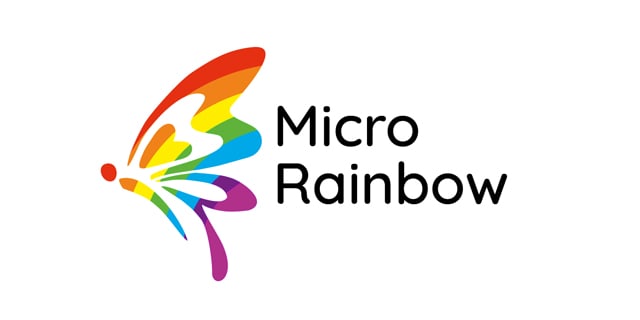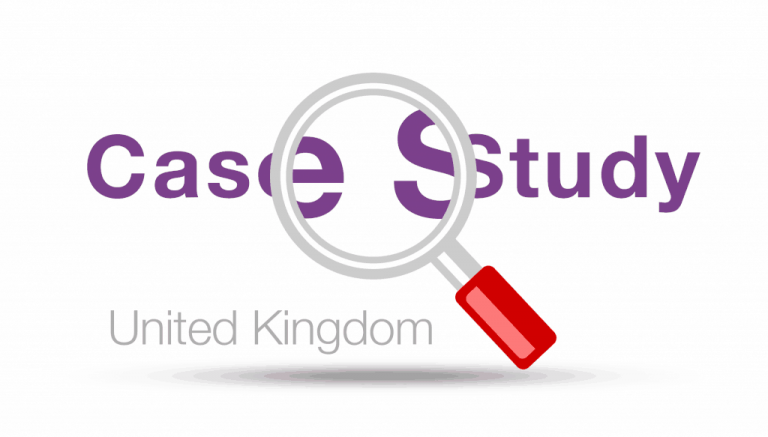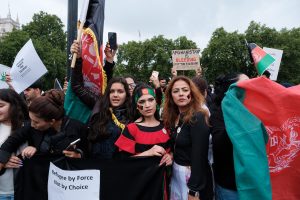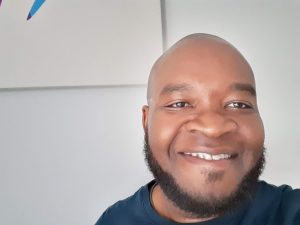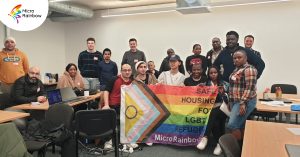Mary is a 28 year old lesbian from Nigeria. In her home country she experienced persecution because of her sexual orientation. When Mary was a teenager her family and community found out she had a girlfriend. They responded by physically abusing her, and locking her in the house for months.
This abuse continued until Mary flew to the UK in 2007. In the UK she experienced verbal abuse from fellow Africans who made sexual advances on her when they found out she was lesbian. In 2011, Mary obtained refugee status on the grounds of her sexual orientation. She thought this was the beginning of a better life. However, the persecution she continued to suffer because of her sexuality and the painstaking process of claiming asylum had left her with low self-esteem, diminished confidence, and out of money with few friends to rely on..
At every job interview Mary felt she experienced discrimination because she was a refugee. Mary thinks that employers became suspicious when they realised she was a refugee – the assumption being that she had forged her ID papers and didn’t have the right to work or be in the UK at all Mary was made to feel “different” and worthy of only the lowest paid jobs. Employers always required a UK work history and experience she had no way of gaining while she worked through the asylum process.
Mary also had difficulties opening a bank account. The bank staff did not know they could accept Refugee identification. She could not apply for a loan without credit history in the UK, which of course she could not obtain while she was an asylum seeker.
Issues Mary faced specifically because she is a lesbian refugee were poverty and the inability to create strong social networks. Mary did not feel that she could socialise with co-nationals in the UK unless they are also lesbian and gay refugees. She felt that the risk of meeting homophobic people who might abuse her – as it happened in Nigeria – was just too high.
“It is hard to survive in the UK when you don’t have a job, you don’t have friends with jobs, and your family members hate you because you are lesbian.”
The lack of support from co-nationals and family members often leaves lesbian and gay refugees living in situations of poverty that make them more likely to become destitute. Mary did not accept such a prospect. After two years of being interviewed and refused she decided to start her own small business. It took a lot of energy and determination to secure her first client, but now Mary runs a small cleaning company and makes a modest but stable income. With the help of Micro Rainbow she is planning to hire new staff and expand her services.
“I didn’t have a choice. Nobody would give me a job.”
Overall, Mary perceives her life in the UK, where she now feels “safe and free,” to be better than what it was in Nigeria. She has a girlfriend, a growing business, and a circle of friends. She also enjoys the support of a lesbian and gay group, which is helping her to find community, hear others’ stories of struggle and resilience, and feel a stronger sense of home in the United Kingdom.
Discrimination operates at multiple levels and comes from various parts of society. Mary was ostracised because of her refugee status, her race, and her sexuality. Lesbian and gay refugees suffer traumatising memories of persecution because of their sexuality. These memories don’t disappear when a refugee gains asylum. Indeed, they are compounded by the lack of opportunities and discrimination they still face because of their status as refugees. However, there are many exceptional and resilient refugees like Mary who refuse to give up, who persist, and eventually, persevere.
NB: Information that could identify the individual has been changed
